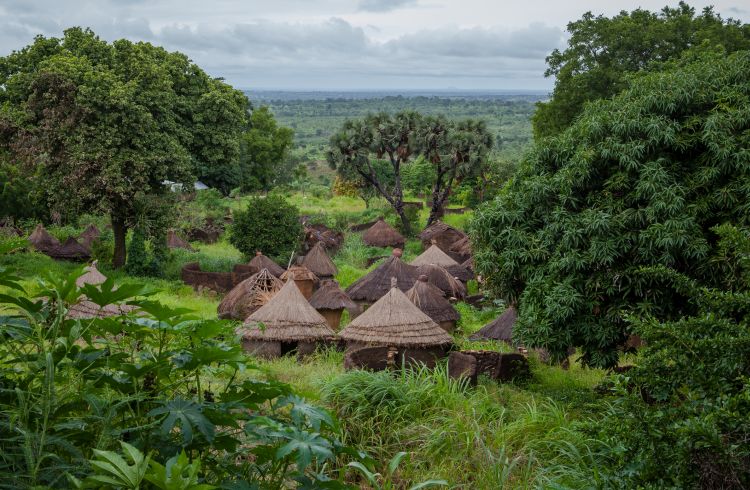How to Stay Healthy While Traveling in Benin
Find out the recommended vaccinations and stay healthy with these hygiene tips for your trip to Benin.
 Photo © Getty Images/Anthony Pappone
Photo © Getty Images/Anthony Pappone
This article is currently out of date, and we are working to update the information. For now, share your recent experiences in the comments section below.
While in many ways Benin is more advanced than many of its neighbours, it is still a developing country and as such medical facilities are limited and not all common medicines are available.
Travelers should carry any needed supplies of prescription drugs and preventive medicines.
Water-borne diseases (including cholera), tuberculosis, meningitis and malaria are common in Benin. You should boil water for at least three minutes or use bottled water and avoid ice in drinks. Like many West African countries, proof of yellow fever vaccination is required to enter the country.
You should consider getting the following vaccinations prior to arriving:
- Hepatitis A & B
- Typhoid
- Meningococcus
- Rabies
- Revaccination / booster shots for Measles, Mumps and Rubella and Tetanus-Diptheria
Pollution in Contonou is notoriously high, if you suffer from asthma or respiratory problems you should seek medical advice before traveling to this area.
Finally, the ocean currents along the coast are extremely strong and treacherous.
Several people drown each year because of the rough surf and strong undertow. These beaches are not patrolled so you should exercise extreme caution if swimming.
Simple and flexible travel insurance
You can buy at home or while traveling, and claim online from anywhere in the world. With 150+ adventure activities covered and 24/7 emergency assistance.
Get a quote
No Comments